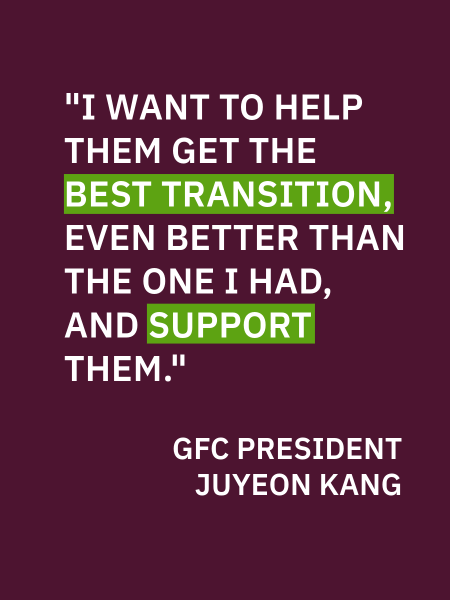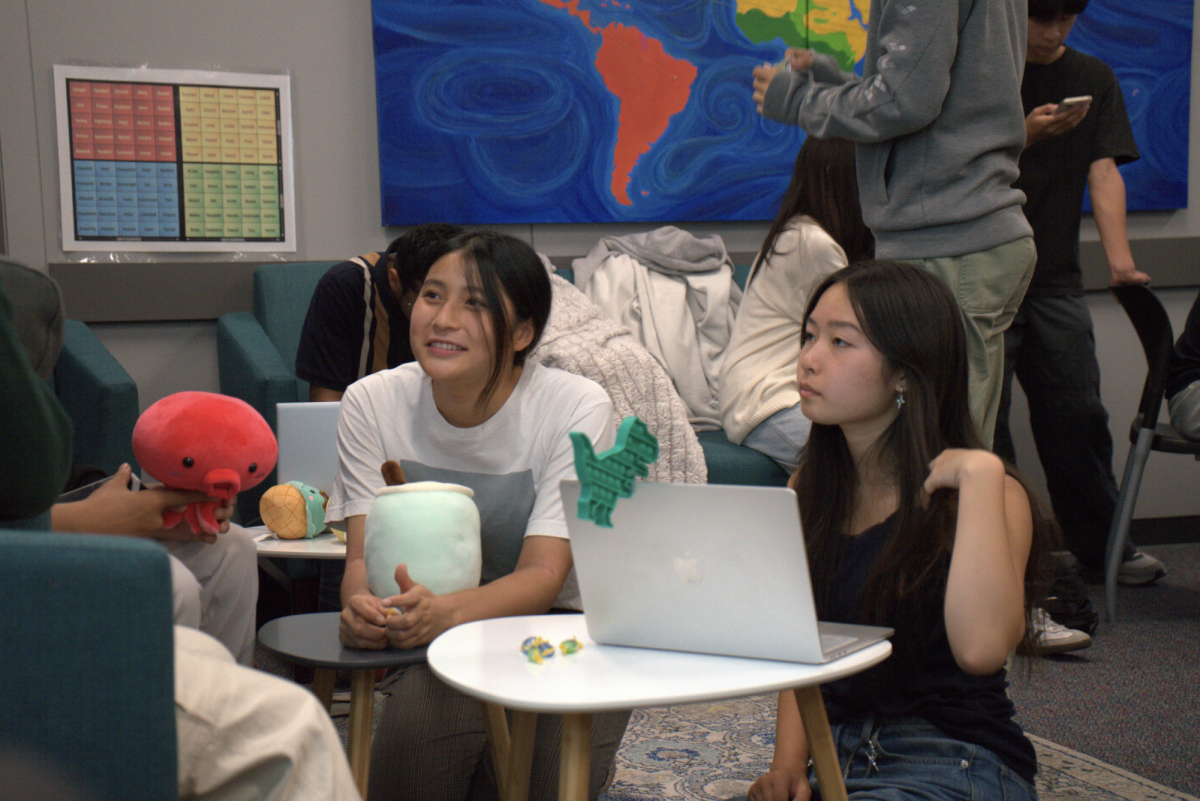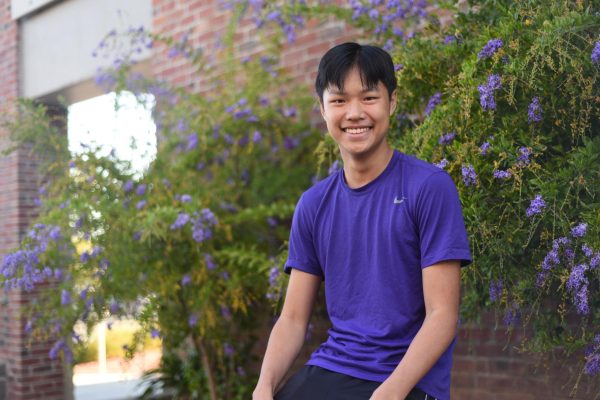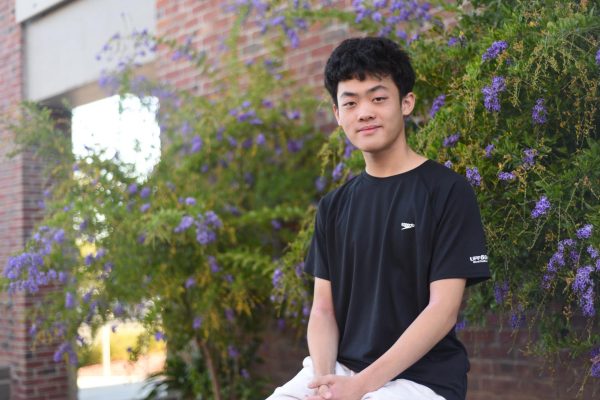When senior Juyeon Kang moved to the United States from Korea in seventh grade, she joined the English Language Development program. She would spend the next few years there, making friends with a close group of like-minded schoolmates.
“The ELD program is very inclusive and we have a big community inside,” Kang said. “Because we have the same classes together, it made me feel more comfortable speaking with them and being in class with them rather than sitting with other people that I don’t really know.”
Now co-president of the Global Friendship Club, which aims to support ELD students and immigrants, her experiences have informed her own work with ELD students throughout MVHS. Kang particularly hopes to help them take an important step in their MVHS experience: transitioning from sheltered to unsheltered classes. Kang herself experienced this last year, moving from Sheltered World Literature to American Literature/Writing.
For her, this transition was aided by the English skills she had worked to develop in her sheltered and ELD classes. English teacher Elly Brown, who has been teaching ELD at MVHS for the past 7 years, says she creates a close-knit community of students who are working to build their English skills, and seeing students transition out of the program is a rewarding experience.
“I get to see a lot of immense growth in just one year,” Brown said. “I’ll get them at the beginning of the year, and they might be a little bit shy and quiet, their English isn’t as strong and they hope their writing could be better. By the end of the year, they have grown immensely, and I love to see that big jump from fall to spring.”
Although Kang initially felt hesitant transitioning out of the program, noticing that regular courses require a deeper understanding than sheltered courses, she states that her classmates from ELD and teachers were a great support and helped her adapt.
“Teachers, who all know the students who are still in the process of learning English, were more approachable, supportive and open in answering our questions and they encouraged us to ask questions by ourselves,” Kang said. “Among students, we share the same experience of learning English, and we understand each other’s hardships and the things that we go through.”

Senior Kyoko Nishikawa, who moved to the U.S. from Japan in fourth grade, shares a similar experience with her transition to unsheltered classes last year. She has felt the same level of support from her new teachers, but says the experience of being in an unsheltered class can still be difficult.
“I do feel different because the pace is very different obviously,” Nishikawa said. “In sheltered class, we went pretty slow — we only wrote one or two essays per semester. But in non-sheltered classes, I have to pace myself every single time and I have to focus more. That’s the biggest difference between the sheltered and unsheltered courses. And I do enjoy it sometimes but I feel really scared at the same time.”
Brown, currently teaching ELD 3, emphasizes setting students up for academic success at MVHS. This year, Brown recruited student tutors for the first time for her class of 23 ELD 3 students, allowing students to get more individualized feedback. Additionally, Brown tries to cover every aspect of English throughout her curriculum, through active discussions, sentence frame exercises and partner activities.
“I try to make sure that my classroom and my lessons are set up in such a way that I hit the four learning domains of reading, writing, speaking and listening,” Brown said. “I try to get all of those skills if not every class period, every single week because it’s really important for our ELD students not only to practice their writing but also their ability to communicate with one another.”
Kang says the GFC provides another support system for students of different backgrounds sharing the same struggles to connect and discuss their experiences. Her experiences have motivated her to use the club to provide a safe space for students both in and out of the ELD program by relaxing and promoting mental health through discussions and parties.

“I understand the hardships that they go through, and because of all the pressure about adopting and learning your language,” Kang said. “I want to help them get the best transition, even better than the one I had, and support them.”
Nishikawa says going forward, she hopes the school avoids moving people out of sheltered courses at the beginning of the school year, as she felt that it made for a turbulent experience. Even so, both Nishikawa and Kang prefer their new unsheltered classes, viewing them as a necessary opportunity to grow and take a step forward in their education.
“I feel like staying in sheltered classes might feel safe and comfortable for you, but it doesn’t really grow your English skills,” Nishikawa said. “People automatically say it might be really scary and really uncomfortable to get out of the sheltered classes, but it’s a great chance to explore natural English classes without any large support and rely on yourself. … My plan is to get more used to speaking English and then writing English more.”












